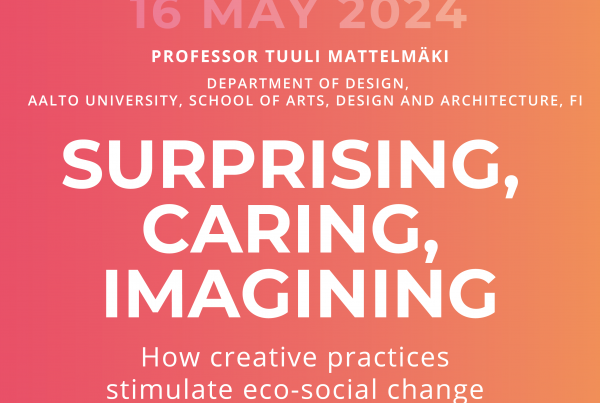

26 March 2024 @ Polifactory
Extinction or Realignment? How, Where, and Why the Humanities Are Thriving
Jeffrey Bardzell
6.00 PM (CEST)
@ Polifactory
Abstract
In both popular media and in higher education, we hear a lot about a “crisis in the humanities,” the idea that humanities fields are losing students, money, legitimacy, and relevance. In this talk, I distinguish between the humanities as a set of organizational units in a university and the humanities as a body of practices, values, and priorities that are continuously enacted and reproduced. At a time when many humanities departments are suffering, it is also true that humanities-based practices are thriving, often in different contexts. Notably, these include STEM-oriented professional schools: computing, medicine, information and library science, and business. Sample agendas today include data ethics, social justice in medicine, critical approaches to sustainable computing, creativity support, and aesthetic experience-informed service design. By highlighting the humanities-based contributions happening within STEM, I contribute both intellectual and organizational arguments to legitimize the distinctive contributions of humanistic practices to science and beyond, to counter anti-humanities rhetorics by demonstrating the humanities’ continued vitality, and to encourage more, and more diverse, crossovers from the humanities into STEM as disciplines realign to face today’s challenges and opportunities.
Jeffrey Bardzell Bio
Jeffrey Bardzell is Associate Dean of Faculty and Graduate Affairs and Professor in the College of Information Sciences and Technology at Penn State University. His research contributes to human-computer interaction and design, with emphases on research through design, creativity support, social innovation, and user experience design. He is co-editor of Critical Theory and Interaction Design(MIT Press, 2018) and co-author of Humanistic HCI(Morgan & Claypool, 2015). Bardzell’s work is funded by the National Science Foundation and the Intel Science and Technology Center for Social Computing.




